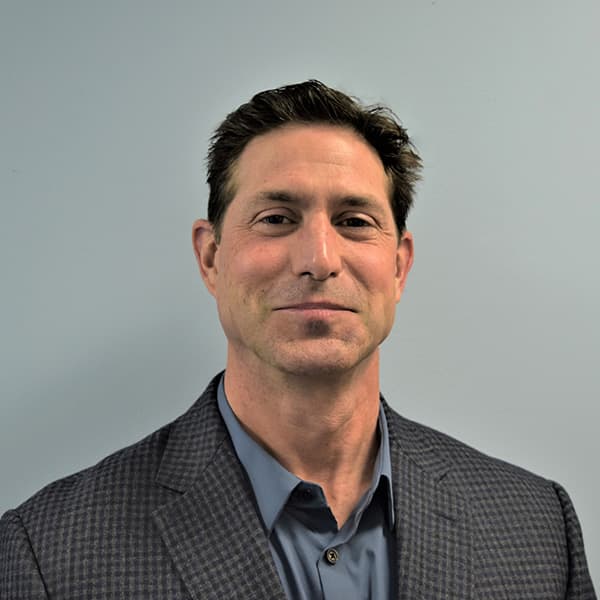ACL Reconstruction/Arthroscopy
The anterior cruciate ligament, or ACL, is one of the most commonly-injured parts of the knee among more active patients. When the ACL is torn, it can cause significant knee instability. Patients who are less active or have sufficient knee stability may be able to treat an ACL tear without surgery. However, patients who are active and have instability will likely need ACL reconstruction surgery. During an ACL reconstruction, a tendon graft is used to reconstruct the ACL, which helps to provide more stability to the knee.
Dr. Daniel Weber has over 20 years of experience with knee surgery, including ACL reconstruction. He completed his residency at the University of Michigan, a facility that performs a high volume of ACL reconstructions. He has experience with several different tendon graft options, so he can work with patients to choose the option that best fits their needs. Dr. Weber has also had an ACL reconstruction himself, so he understands what it is like to be in the patient’s position and can help answer questions about that experience.
When Is ACL Reconstruction Recommended?

Dr. Weber must perform an examination to determine whether or not a patient is a candidate for ACL reconstruction. However, the following symptoms may indicate that you should seek medical attention:
- Knee pain at the time of the injury, accompanied by swelling within the first 24 hours
- Inability to move the knee through its full range of motion
- Tenderness along the knee joint
- Pain or discomfort while walking or putting weight on the knee
- Feeling of instability when using the knee
ACL tears are typically sudden, acute injuries. Though this injury is most common among athletes, it can occur in less active individuals who have a sudden fall or accident. If the patient is less active and the knee is stable enough to support the patient’s normal activities, Dr. Weber may recommend nonsurgical treatments, including bracing and physical therapy.
For athletes and active patients, ACL reconstruction surgery is typically necessary to restore knee stability. In cases when Dr. Weber recommends surgery, he will go over the patient’s needs and options to determine the best course of action.
ACL Reconstruction Procedure
An ACL reconstruction procedure typically lasts about 1 - 1.5 hours. Prior to the procedure, patients may receive a nerve block, which helps with pain in the first 24 hours after surgery.
Dr. Weber typically performs ACL reconstructions arthroscopically, using a small camera called an arthroscope to view the inside of the knee. This allows him to complete the procedure through much smaller incisions, which can lead to a quicker and less painful recovery.
During the procedure, Dr. Weber will use a tendon graft to rebuild the torn ligament. Tendon grafts can be taken from different sources, including the patient’s own hamstring or patellar tendon, or from a cadaver (called an allograft). Dr. Weber will discuss options and his recommendations for tendon grafts prior to surgery, so that you can work together to select the graft that best fits your needs.
Recovering from ACL Reconstruction
ACL reconstruction surgery typically does not require an overnight hospital stay; most patients are able to go home the day of the surgery. The nerve block administered before surgery helps with pain in the immediate recovery period, and medications are given to help with pain after the nerve block wears off.
Dr. Weber typically recommends that patients use crutches for up to a week to help them get around, and wear a brace to support the knee for up to a month. Physical therapy is also an important part of the recovery process. Integrity Orthopedics offers on-site physical therapy, and our physical therapist is also an athletic trainer with extensive experience in ACL recovery. Patients typically participate in physical therapy for 6 - 12 weeks, until they are able to work on the exercises on their own.
Full recovery from ACL reconstruction can take 6 - 9 months, depending on the patient’s progress and the type of tendon graft chosen. Dr. Weber will advise when it is safe to return to sports and other more strenuous activities. The knee must be strong and stable enough to support these activities so as not to jeopardize the repair.
ACL Reconstruction in Tinley Park, IL
Dr. Daniel Weber is a board certified knee surgeon with extensive experience in ACL reconstruction. He has over 20 years of experience, and will work with you to create a treatment plan that meets your needs in the event of an ACL injury. If you would like to schedule an appointment with Dr. Weber, please call our office at (708) 429-3455 or request an appointment online.

